By Fejiro Johnson
The pro democracy activist-journalist is not new
NOT many may know, though few can recall the battles fought in the last few decades resulting in the democratic dispensation that resumed in 1999. Without a doubt one of the people at the vanguard of that pro democracy struggle is Babafemi Ojudu who recently lit fire with his otherwise simple article recalling an encounter with today’s “Yoruba activist” Chief Sunday Adeyemo aka Igboho.
So let’s answer the question who is this man? He is a humanist, a democracy activist, journalist, politician, distinguished senator, a caring father and loving husband.
Babafemi Ojudu’s fiery days of activism and standing up for democratic ideals in Nigeria was
forged years before he resigned his job at African Concord magazine in 1992. It started in his days as an undergraduate at the great University of Ife (now Obafemi Awolowo University) Ile-Ife, where he studied English. In later years, his struggle for democracy and human rights would not be with the colonial masters, but with Nigeria’s feared military juntas-specifically IBB and Abacha- and he drove it with the power of his pen and words as a journalist and editor.
In 1987, Ojudu had started writing for African Concord magazine as a Staff Writer and then he rose up to become an Assistant Editor. He resigned five years later in 1992 after the publisher, late MKO Abiola had requested him to apologise over an article that was critical of the military regime of Gen. Ibrahim Bagangida (retd).
Ojudu remained critical of Babangida and his regime that in 2011, when the latter was being egged to run for President, Ojudu fiercely opposed it publicly, stating that Babangida “
destroyed the system and he is now seeking to come back.”
Described by many as steadfast, humble, hardworking and firm, Ojudu is not one to be cowed as he remained resolute in his journey. A year later in 1993, he and some former staff from African Concord founded Independent Communications Nigeria limited – ICNL, which established The NEWS, P.M News and TEMPO magazines and Ojudu became its Managing Editor and later its Group Managing Editor. For many years, in the blossoming decades of magazine publishing and journalism in Nigeria, The News set the standard and raised the bar and quality of investigative journalism in the country. Ojudu and colleagues ensured the weekly magazine, with its consistent, fearless reportage, were a thorn in the flesh of the military junta in Nigeria.
The News literally became a major opposition to the military, so much so, that Babangida banned its first version in 1993.
When the late Gen. Sani Abacha (retd) took over power as Head of State in 1993, following the annulment of the June 12, 1993 elections by Babangida, Ojudu was unrelenting in his pursuit for democracy and human rights. He was at the forefront of the struggle to actualize the June 12 mandate which the late MKO Abiola had won in an election that was widely regarded as free and fair.
True to type, Ojudu continued his struggle for democracy. During the days of Abacha between 1993 and 1998, many journalists were harassed, arrested and detained for weeks and years by the military regime. In 1995, a journalist with the News magazine, Kunle Ajibade was arrested and sentenced to life by Abacha’s regime on charges of treason and conspiracy, although the sentence was later commuted to 15 years. Also, the magazine’s office was raided and its property destroyed on different occasions by the military regime.
It wasn’t long before Ojudu joined those arrested. In August 1996, Ojudu and another editor of The News, Bayo Onanuga, was arrested by the military over The News’ article about the then Minister of Petroleum, Dan Etete, titled “The Man Abacha Cannot Touch.” The article claimed that Etete was handing out government contracts on behalf of the Nigerian State Oil Company to his family and friends and the military regime refused to probe the shady deals. Unfortunately, Ojudu and other brave journalists of his ilk were not untouchables to Abacha and his henchmen as he and others were eventually arrested by the State Security Services (SSS) in Lagos. Ojudu was arrested and detained for three days at the notorious Shangisha prisons. This was only one of his many sufferings and detentions.
For many years, Ojudu’s steadfastness to democratic ideals remained unmatched as a journalist, editor and one time Chairman of the Nigerian Union of Journalists (Concord Newspapers’ Chapel).
The 1980s and 1990s were dark days for brave journalists in Nigeria, with many resorting to guerilla journalism tactics to get their investigations published by the media establishments, at the risk of their lives, and even their families. Ojudu, like many other brave Nigerian journalists, showed uncommon courage and dedication during the dark days of military regime and clampdown on press freedom, to fight for justice and human rights and the enthronement of democracy in Nigeria.
Regarded as a follower of the ideologies of political sage and one time Premier of the Western region, the late Chief Obafemi Awolowo, Ojudu belongs to a reputable school of thought and leadership and has continued to be an advocate for good governance, quality leadership, human rights and democracy.
Born on March 26, 1961, in Ado Ekiti, Ekiti State, Ojudu attended Ado Grammar School in Ado-Ekiti between 1973 and 1977. His brilliance was
Noticed by his elders and in 1976, he won a scholarship jointly sponsored by activist lawyer Gani Fawehinmi and Jùjú musician King Sunny Adé for indigent students of the state. This was the start of a long-term friendship with Fawehinmi, who made a significant financial contribution to the establishment of The News magazine in later years.
In 1980, Ojudu was admitted to the University of Ife, Ile-Ife to study English. He took an interest in journalism while at university, joining the Association of Campus Journalists and reporting for COBRA, a campus journal. He and two friends founded a journal called The Parrot, which he edited until graduating in 1984. On completing his National Youth Service, Ojudu worked as a reporter for The Guardian while attending the University of Lagos (1985–86), where he studied for a master’s degree in Political Science. In 1996, Ojudu attended the famous Howard University, USA as a fellow at its School of Communications
In addition to his work as Managing Editor during military regimes and on the return of democracy in 1999, Ojudu was a member and leading figure of several dorganizations and committees involved in media, democracy and human rights.
It was inevitable that the journalist-editor would eventually join politics as his quest to influence widespread change in Nigeria’s political sphere became bigger than managing just a newsroom and media outfit.
In 2011, after over two roaring decades in journalism and media practice, Ojudu was elected as Senator representing Ekiti central senatorial district in Ekiti State. In the April 2011 election for the Ekiti Central Senatorial seat, Ojudu running on the ACN platform, defeated the candidate of Labour Party and former Ekiti State Governor, Ayo Fayose with landslide votes. Senator Ojudu served for one term until 2015. Despite clamour by friends and well-wishers, he refused to contest for re-election.
He was later appointed as the Special Adviser on Political Matters to President Muhammadu Buhari in 2016, a position he currently occupies. Ojudu has continued to play pivotal roles in the ruling All Progressives Congress (APC) and was instrumental in the emergence of Kayode Fayemi as Governor of Ekiti State under the APC.
The man fondly called Senator or Distinguished is no saint, but even his critics would agree that the moral compass and strong principles in character and political idealogy of this Omoluabi from Ekiti in South West Nigeria are as constant as the northern star. Most will also agree that he will be in the game for even much longer as the nation continues to need such people of character and courage.











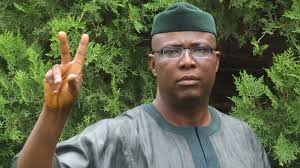









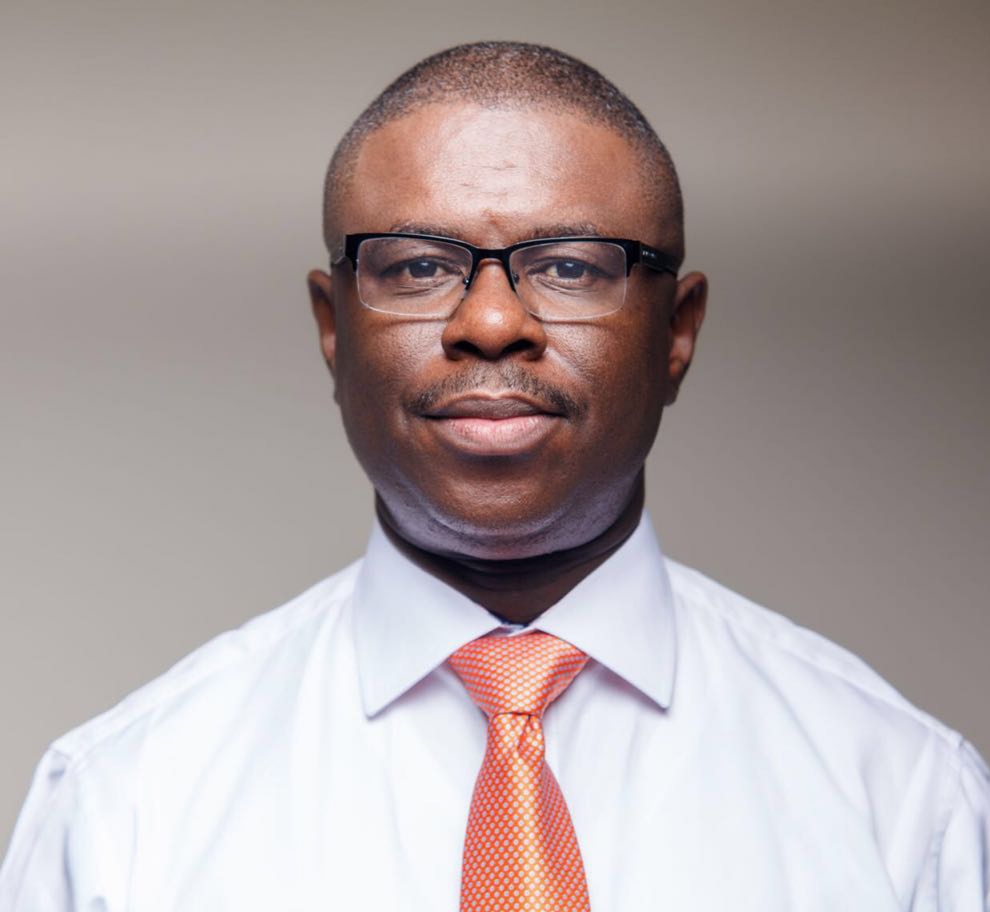


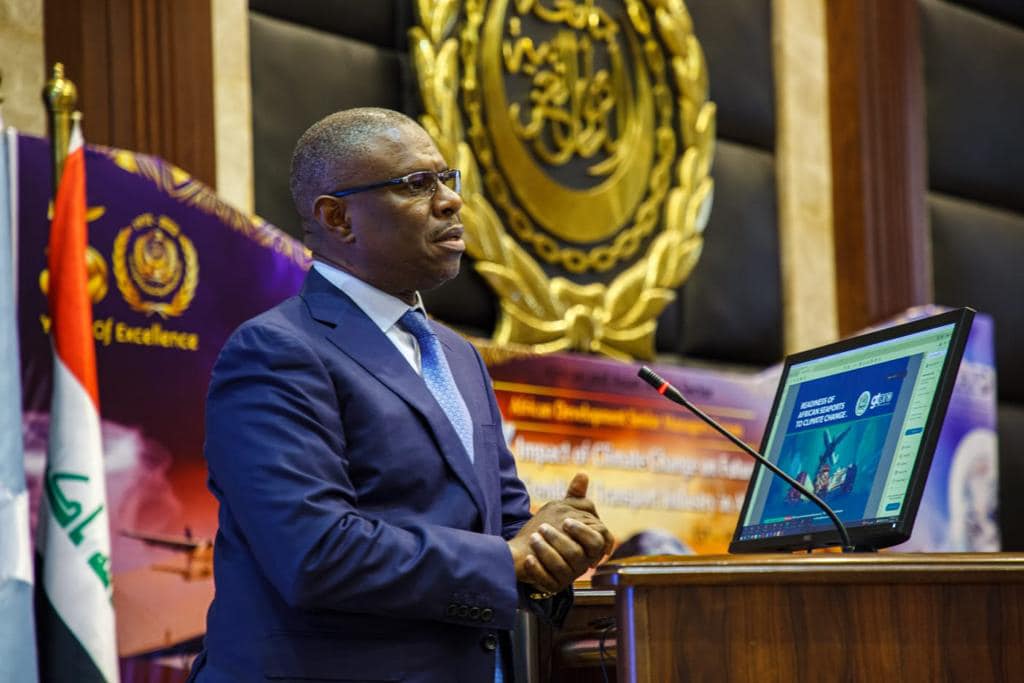

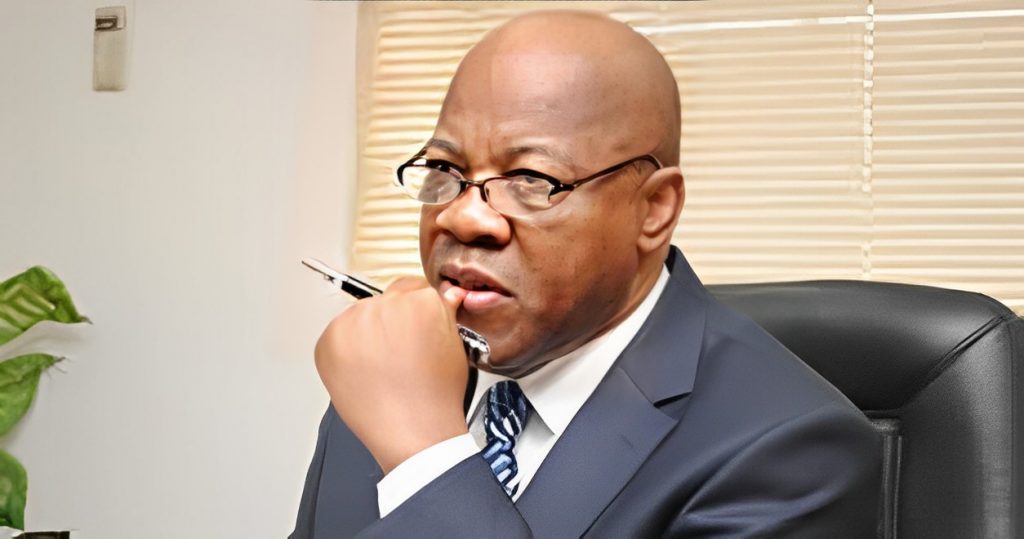
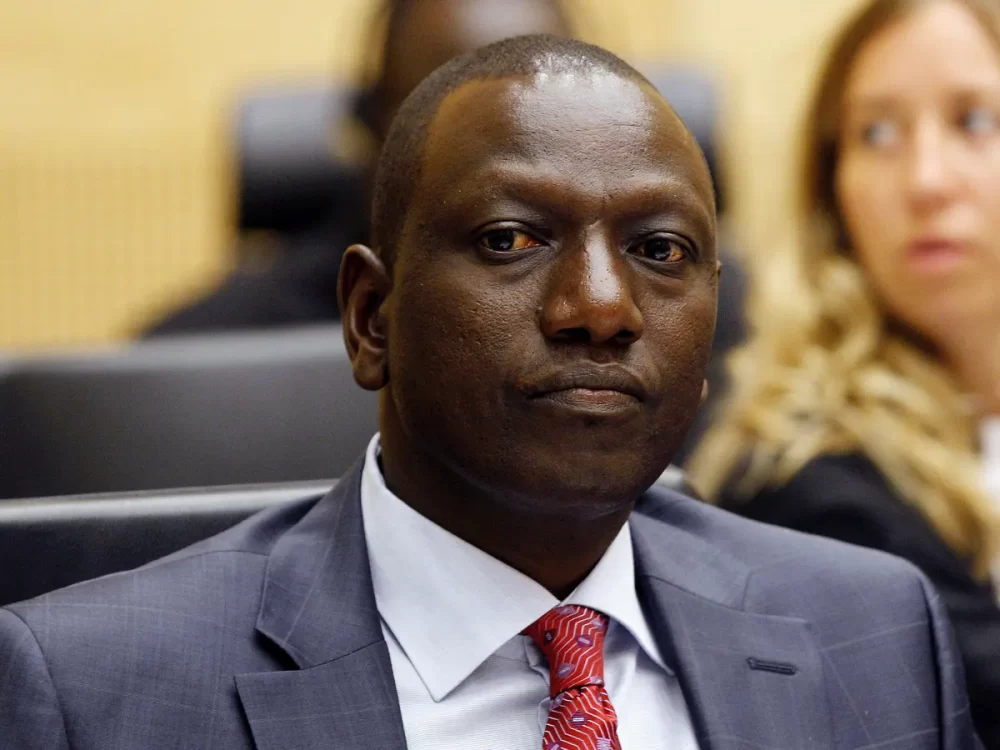
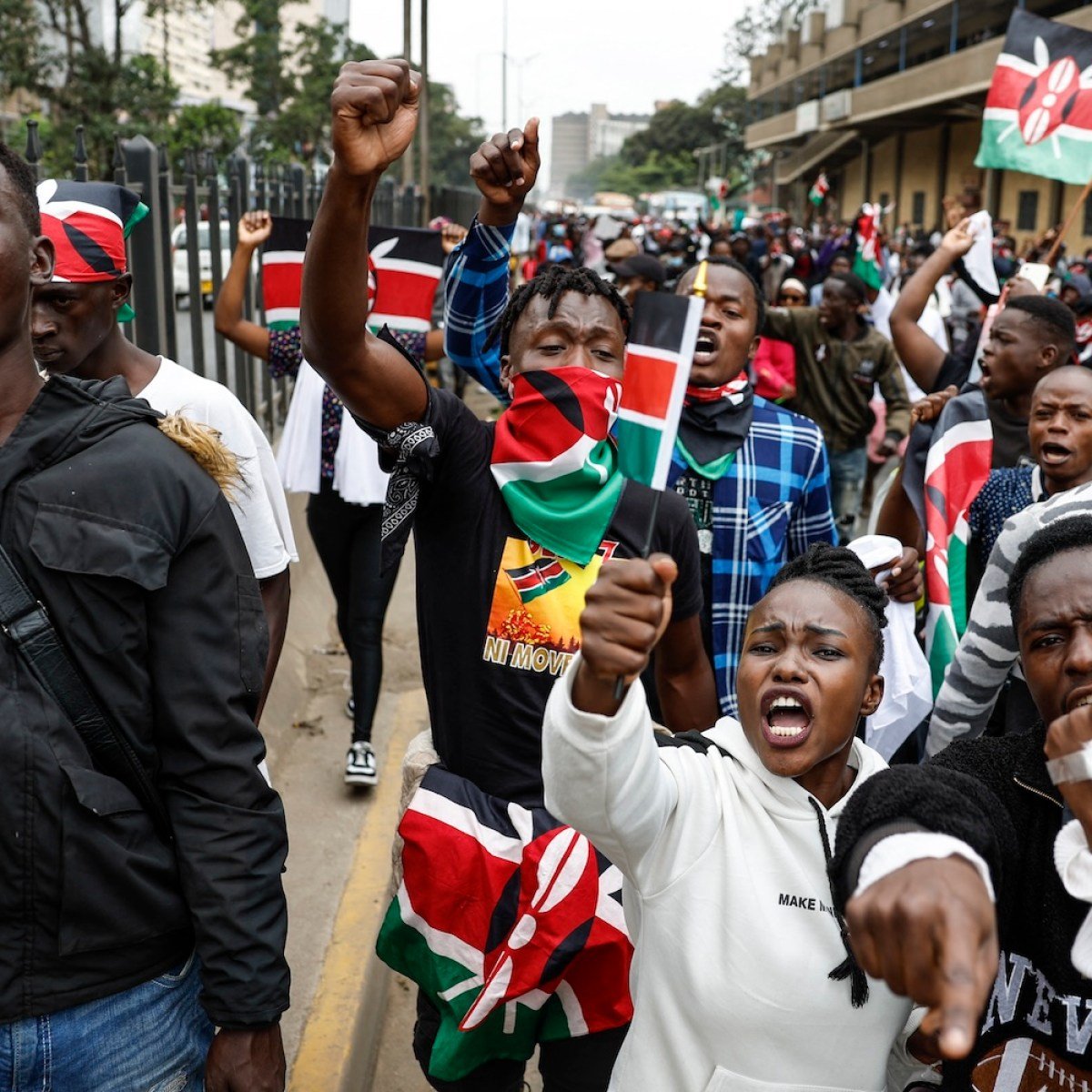


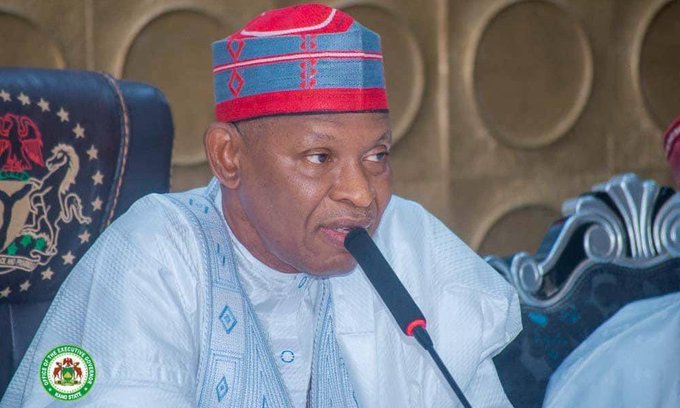
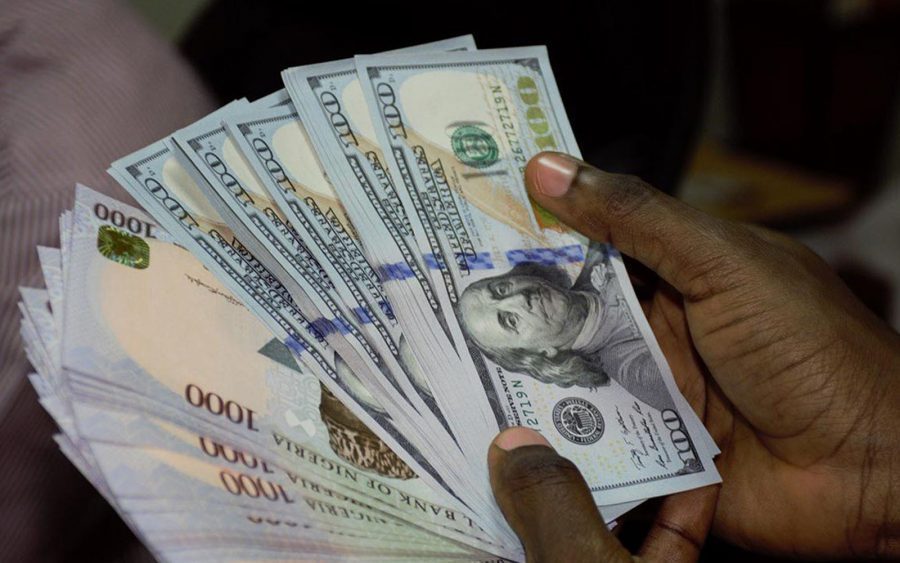
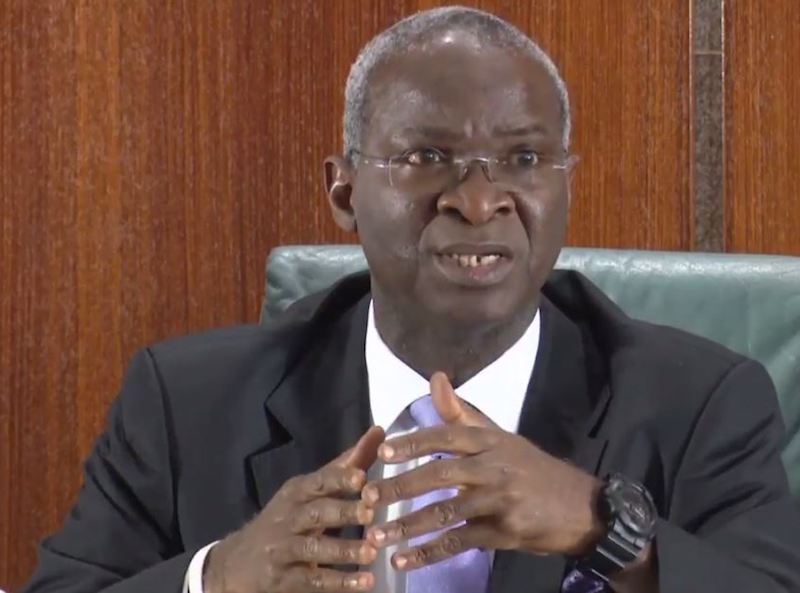
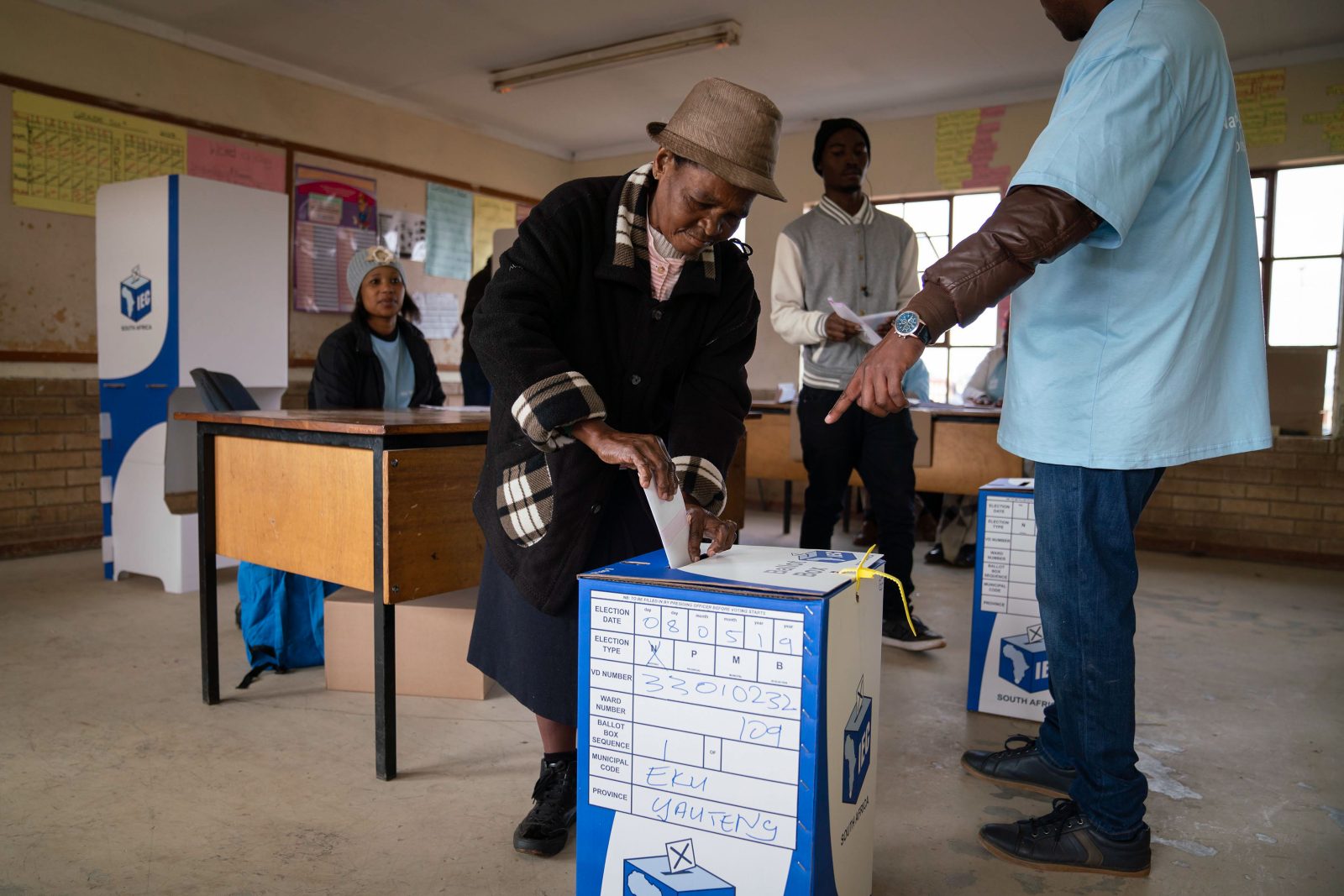

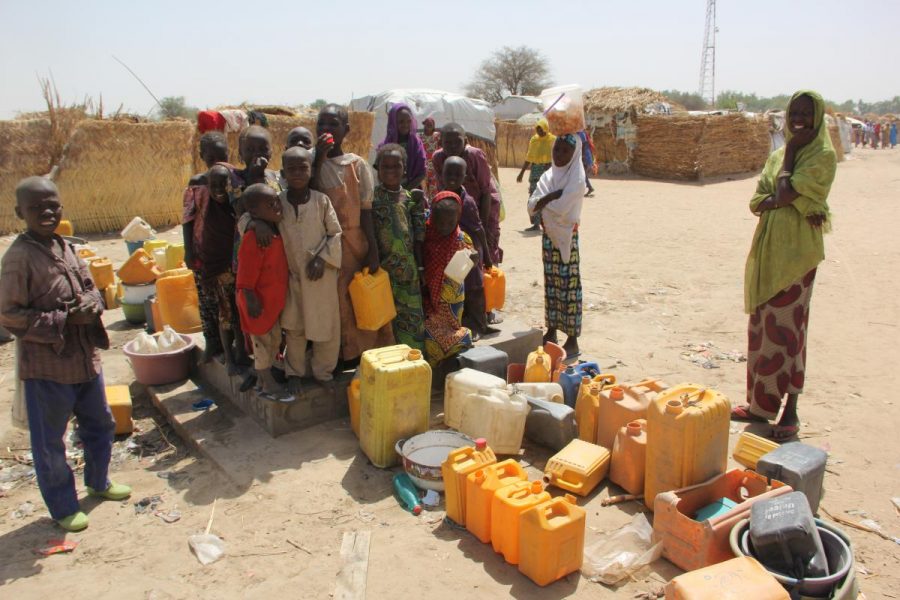
Leave a comment